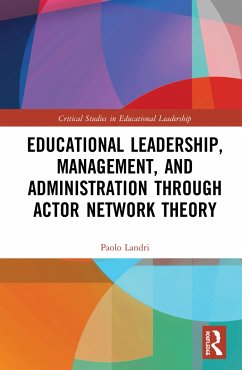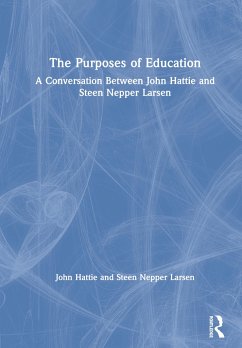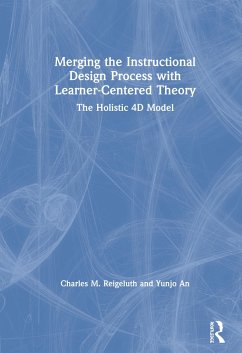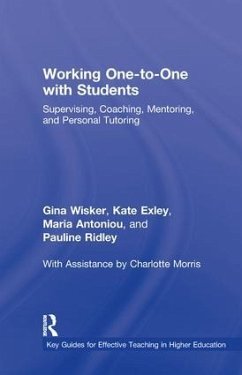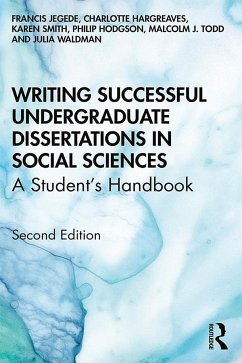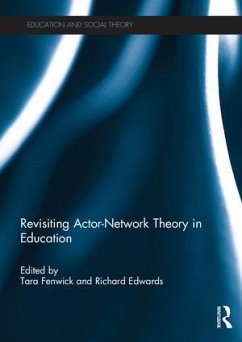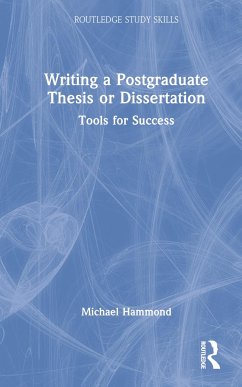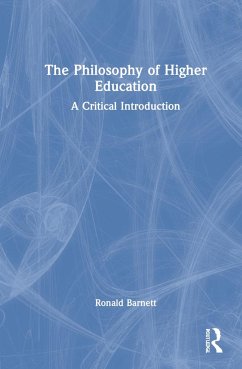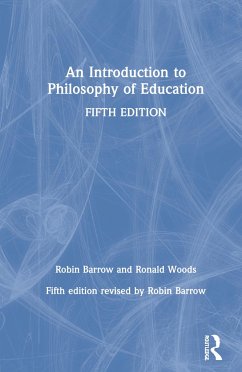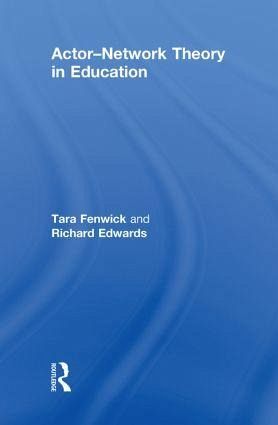
Actor-Network Theory in Education
Versandkostenfrei!
Versandfertig in 1-2 Wochen
149,99 €
inkl. MwSt.
Weitere Ausgaben:

PAYBACK Punkte
75 °P sammeln!
Actor-network theory (ANT) has enjoyed wide uptake in the social sciences in the past three decades, particularly in science and technology studies, and is increasingly attracting the attention of educational researchers. Across these diverse environments and uptakes, the authors trace how learning and practice - as assemblages of activity, actors and spaces - emerge, show what scales are at play, and demonstrate what this means for educational possibilities.




